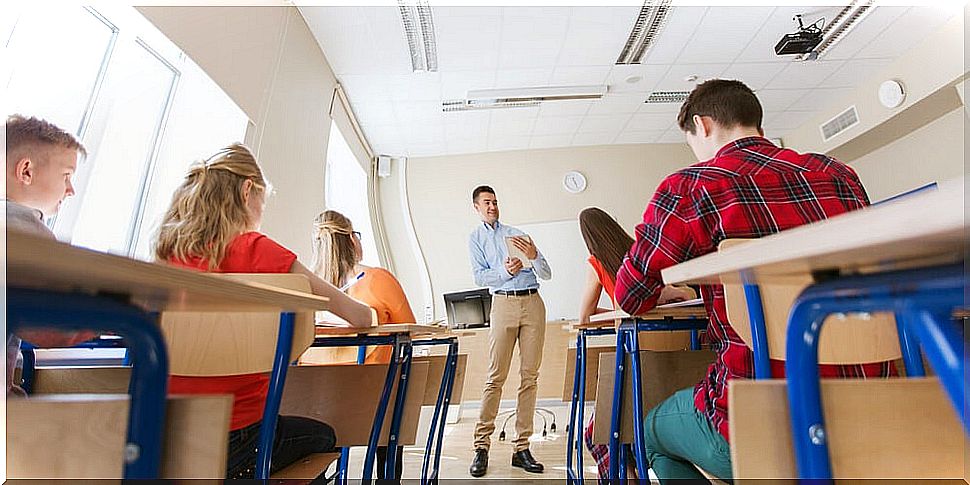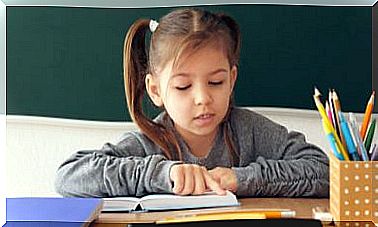The Importance Of An Education For Self-assessment
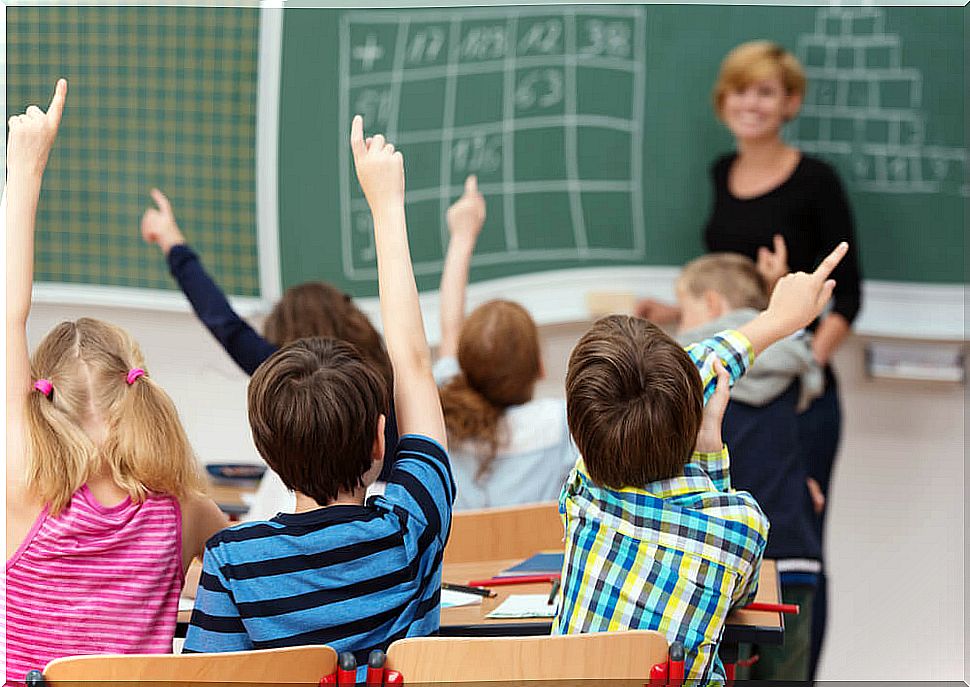
The importance of an education for self-evaluation lies in the fact that through it students can become aware of their learning processes. Promoted from an early age and carried out continuously at all educational levels, self-assessment allows reflection on changes and progress, on errors and needs related to learning.
What is self-assessment?
According to Cabero and Gisbert (2002), self-evaluation or self-evaluation consists of “a set of self-correcting activities accompanied by solutions that allow the type and degree of learning to be verified with respect to the objectives of the training action” .
In other words: self-assessment allows a student to make a value judgment on their performance in an activity or task, or on the learning of knowledge and the acquisition of skills, abilities and attitudes.
Therefore, self-assessment is very useful for the student because it is a planning tool for their learning process to improve their academic performance. Through it, students are more aware of the progress and difficulties in their school processes, assuming the aspects that must be improved.
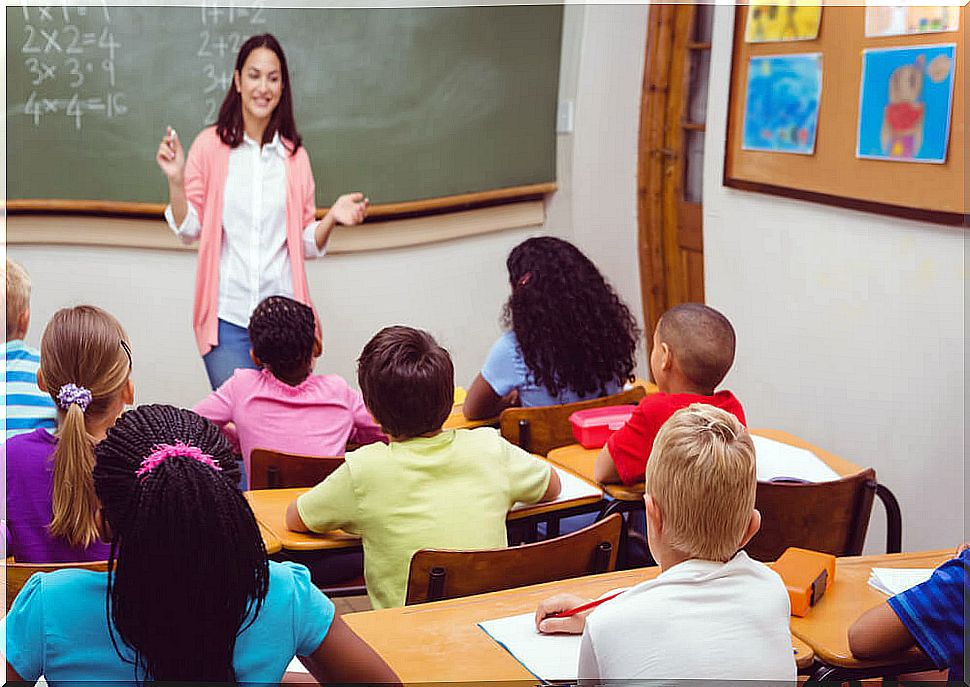
In turn, a self-evaluation of students is a very convenient strategy for teachers to know in depth their learning rhythms and can, thus, depending on the learning characteristics of their students, adapt pedagogical-didactic strategies and resources teaching to meet your needs.
Characteristics of the self-assessment
- It is a continuous, reflective, self-knowledge and self-criticism process.
- It is necessary for both students and teachers.
- It is a tool and strategy that can be used both for understanding processes and for measuring results.
- It allows to know if established objectives have been met.
- It serves to know how cognitive development progresses and the acquisition of new knowledge.
- It allows us to think about the attitudes and behaviors acquired and used.
- It is a useful tool for analyzing the learning and application of specific skills and abilities, as well as their coherence with different contexts.
- It serves to know and distinguish different learning rates of students, progress and difficulties, and different needs.
- It is a motivating factor: it promotes autonomy and a sense of responsibility in students.
- Helps to think and rethink about own actions and attitudes.
Importance of an education for self-assessment: constant improvement
We must bear in mind that a self-evaluation at the school level is directed by the institution and its teachers. However, the student is the main protagonist of this process. It is the student himself who must assume the responsibility and commitment to know and verify what knowledge he has acquired, what skills he develops correctly and which he does not, and what are the reasons.
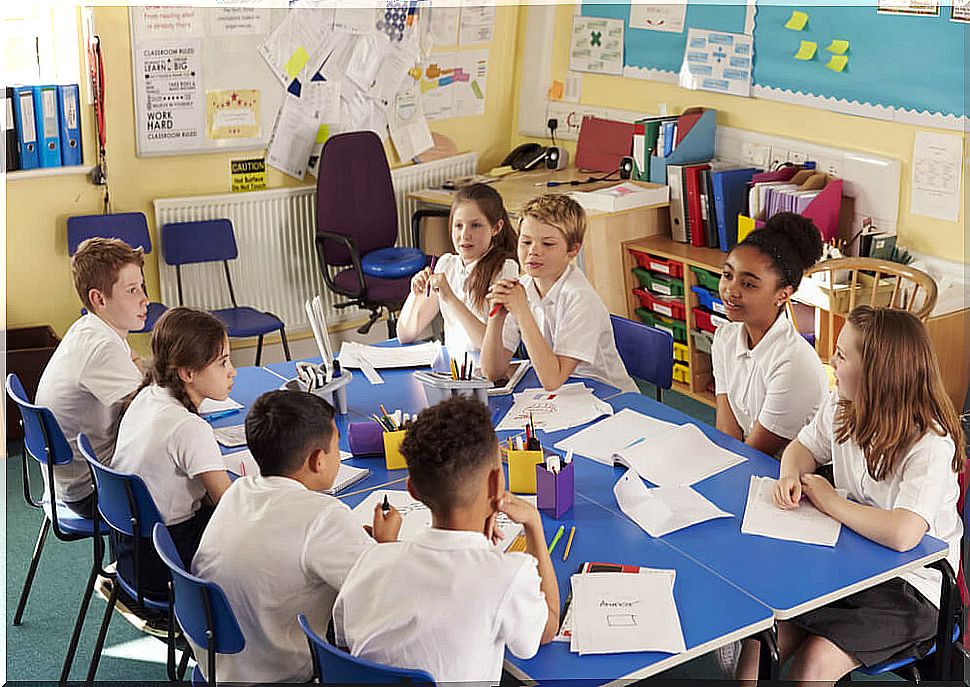
Establishing self-evaluation processes within a school planning with certain periodicity is of utmost importance. It is a way of getting students to improve in a conscious and motivated way in relation to school, conceptual, attitudinal and procedural content.
Self-assessment, as we have said, allows students to reflect on themselves and on their cognitive and social learning processes. But, at the same time, it is also a valuable tool that can be used not only in the school environment, but also in work and daily life.
Therefore, the importance of an education for self-evaluation is to make available to students a strategy for their constant improvement. That is, through self-evaluation, they learn to be more and more self-critical, which enables them to constantly improve as students, but also as people.
